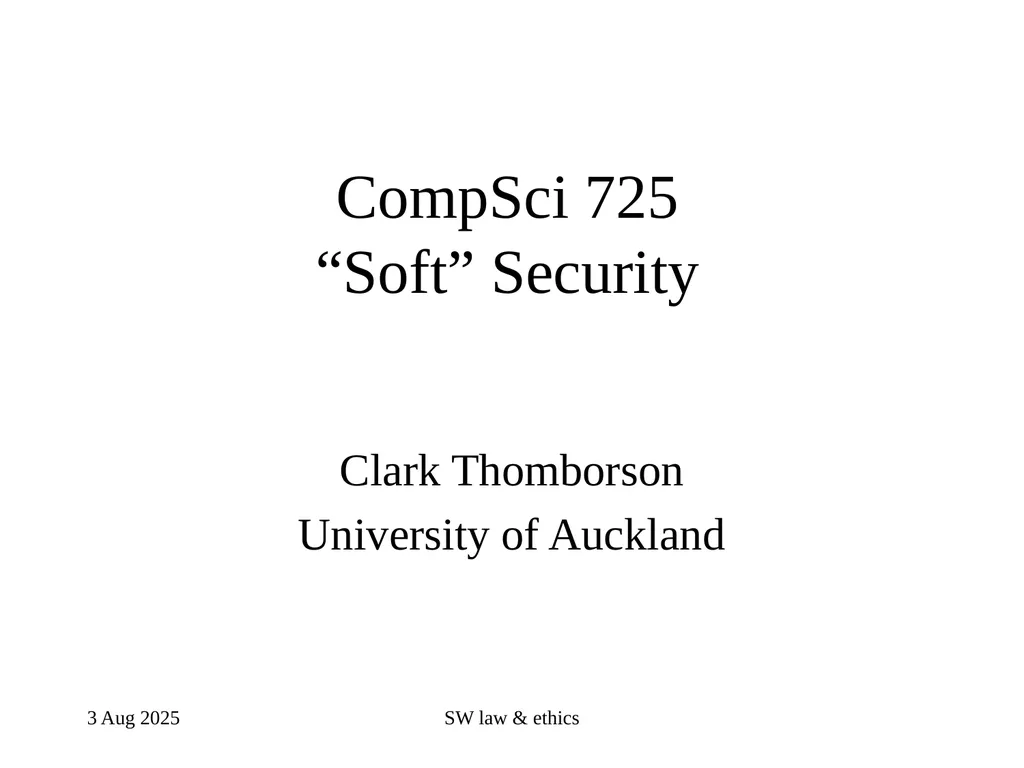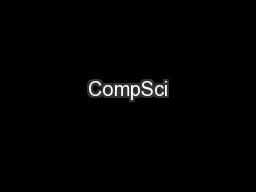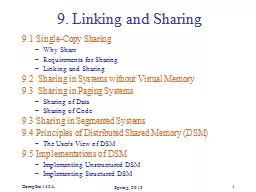
Author : aaron | Published Date : 2025-08-04
Description: CompSci 725 Soft Security Clark Thomborson University of Auckland 31-Jul-19 SW law ethics Real-World Security Analysis Whose security is being protected? Every person, and every organised group of people, has security objectives. NoDownload Presentation The PPT/PDF document "" is the property of its rightful owner. Permission is granted to download and print the materials on this website for personal, non-commercial use only, and to display it on your personal computer provided you do not modify the materials and that you retain all copyright notices contained in the materials. By downloading content from our website, you accept the terms of this agreement.
Here is the link to download the presentation.
"CompSci 725 “Soft” Security Clark Thomborson"The content belongs to its owner. You may download and print it for personal use, without modification, and keep all copyright notices. By downloading, you agree to these terms.













